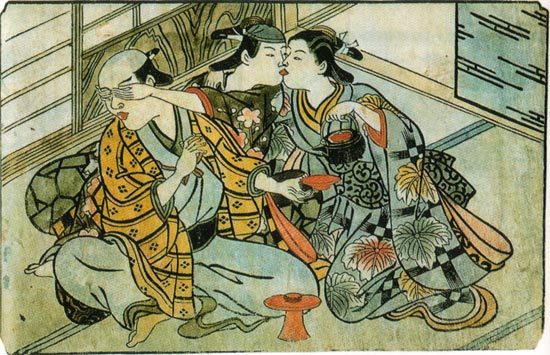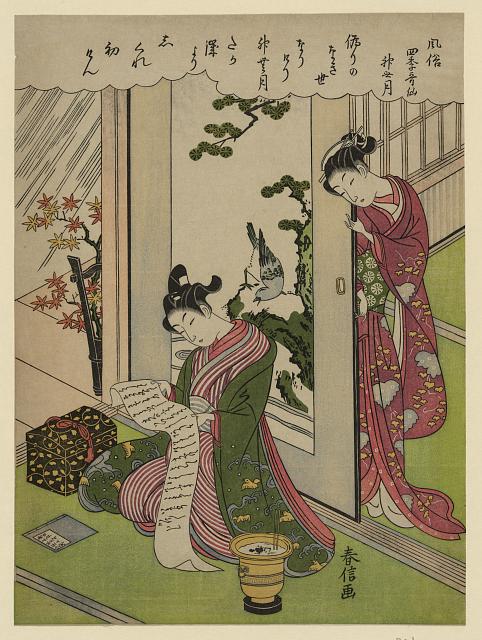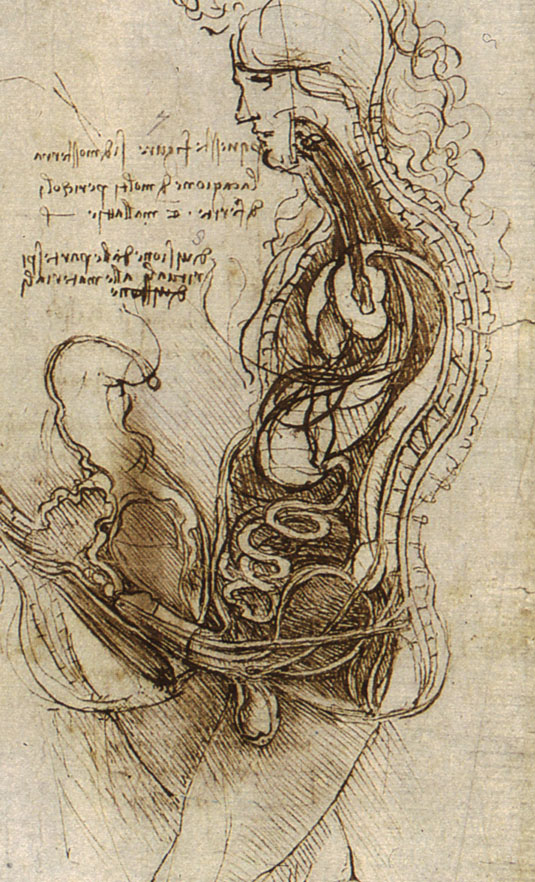|
Kagema
is a Japanese term for historical young male sex workers. were often passed off as apprentice kabuki actors (who often engaged in sex work themselves on the side) and catered to a mixed male and female clientele. For male clients, the preferred service was anal sex, with the client taking the penetrative role; homosexual fellatio is almost unmentioned in Edo period (1603–1867) documents. who were not affiliated with an actual kabuki theatre could be hired through male brothels or teahouses specializing in . Such institutions were known as . typically charged more than female sex workers of equivalent status, and experienced healthy trade into the mid-19th century, despite increasing legal restrictions that attempted to contain sex workers (both male and female) in specified urban areas and to dissuade class-spanning relationships, which were viewed as potentially disruptive to traditional social organization. Many such sex workers, as well as many young kabuki actors, wer ... [...More Info...] [...Related Items...] OR: [Wikipedia] [Google] [Baidu] |
Wakashū
is a historical Japanese term indicating an adolescent boy, used particularly during the Edo period (1603–1867). status was indicated by haircut. Appearance and ceremonies properly referred to a boy between the ages at which his head was partially shaven () (about 7–17 years of age), at which point a boy exited early childhood and could begin formal education, apprenticeship, or employment outside the home, and the coming of age ceremony (mid-teens through early 20s), which marked the transition to adulthood. During this period, the wore a distinctive hairstyle, with a small shaved portion at the crown of the head and long forelocks at front and sides, and typically wore kimono with open sleeves (); boys from wealthier families could wear . After the coming of age ceremony, the forelocks were shaved off, giving the adult male hairstyle (), and the boy assumed the adult male style of kimono with rounded sleeves. Although any person would be clearly classified as a child, ... [...More Info...] [...Related Items...] OR: [Wikipedia] [Google] [Baidu] |
Homosexuality In Japan
Records of men who have sex with men in Japan date back to ancient times. Western scholars have identified these as evidence of homosexuality in Japan. Though these relations had existed in Japan for millennia, they became most apparent to scholars during the Tokugawa (or Edo) period. Historical practices identified by scholars as homosexual include , and . The Japanese term is the Japanese reading of the same characters in Chinese, which literally mean "male colors". The character () has the added meaning of "lust" in both China and Japan. This term was widely used to refer to some kind of male-to-male sex in a pre-modern era of Japan. The term is also used, especially in older works. During the Meiji period ''nanshoku'' started to become discouraged due to the rise of sexology within Japan and the process of westernization. Modern terms for homosexuals include , , , or , , / and . Pre-Meiji Japan Historically, the Shinto religion "had no special code of morals ... [...More Info...] [...Related Items...] OR: [Wikipedia] [Google] [Baidu] |
History Of Human Sexuality
The social construction of human sexuality and sexual behavior—along with its taboos, regulation, and social and political impact—has had a profound effect on the various cultures of the world since prehistoric times. The study of the history of human sexuality The work of Swiss jurist Johann Bachofen made a major impact on the study of the history of sexuality. Many authors, notably Lewis Henry Morgan and Friedrich Engels, were influenced by Bachofen, and criticized Bachofen's ideas on the subject, which were almost entirely drawn from a close reading of ancient mythology. In his 1861 book ''Mother Right: An Investigation of the Religious and Juridical Character of Matriarchy in the Ancient World'' Bachofen writes that in the beginning human sexuality was chaotic and promiscuous. This "aphroditic" stage was replaced by a matriarchal "demeteric" stage, which resulted from the mother being the only reliable way of establishing descendants. Only upon the switch to male-enf ... [...More Info...] [...Related Items...] OR: [Wikipedia] [Google] [Baidu] |



